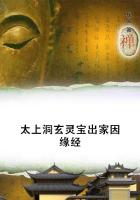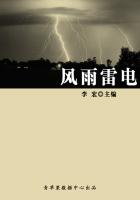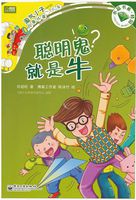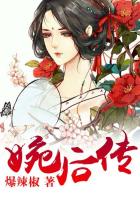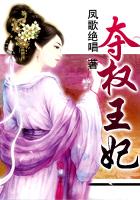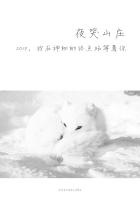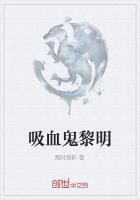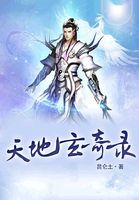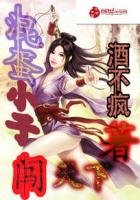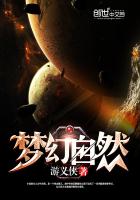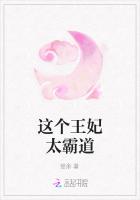Still more clearly does the ox appear as a personification of the corn-spirit in a ceremony which is observed in all the provinces and districts of China to welcome the approach of spring. On the first day of spring, usually on the third or fourth of February, which is also the beginning of the Chinese New Year, the governor or prefect of the city goes in procession to the east gate of the city, and sacrifices to the Divine Husbandman, who is represented with a bull's head on the body of a man. A large effigy of an ox, cow, or buffalo has been prepared for the occasion, and stands outside of the east gate, with agricultural implements beside it. The figure is made of differently-coloured pieces of paper pasted on a framework either by a blind man or according to the directions of a necromancer. The colours of the paper prognosticate the character of the coming year; if red prevails, there will be many fires; if white, there will be floods and rain; and so with the other colours. The mandarins walk slowly round the ox, beating it severely at each step with rods of various hues. It is filled with five kinds of grain, which pour forth when the effigy is broken by the blows of the rods. The paper fragments are then set on fire, and a scramble takes place for the burning fragments, because the people believe that whoever gets one of them is sure to be fortunate throughout the year. A live buffalo is next killed, and its flesh is divided among the mandarins. According to one account, the effigy of the ox is made of clay, and, after being beaten by the governor, is stoned by the people till they break it in pieces, from which they expect an abundant year. Here the corn-spirit appears to be plainly represented by the corn-filled ox, whose fragments may therefore be supposed to bring fertility with them.
On the whole we may perhaps conclude that both as a goat and as a bull Dionysus was essentially a god of vegetation. The Chinese and European customs which I have cited may perhaps shed light on the custom of rending a live bull or goat at the rites of Dionysus. The animal was torn in fragments, as the Khond victim was cut in pieces, in order that the worshippers might each secure a portion of the life-giving and fertilising influence of the god. The flesh was eaten raw as a sacrament, and we may conjecture that some of it was taken home to be buried in the fields, or otherwise employed so as to convey to the fruits of the earth the quickening influence of the god of vegetation.
The resurrection of Dionysus, related in his myth, may have been enacted in his rites by stuffing and setting up the slain ox, as was done at the Athenian bouphonia.
2. Demeter, the Pig and the Horse.
PASSING next to the corn-goddess Demeter, and remembering that in European folk-lore the pig is a common embodiment of the corn-spirit, we may now ask whether the pig, which was so closely associated with Demeter, may not have been originally the goddess herself in animal form. The pig was sacred to her; in art she was portrayed carrying or accompanied by a pig; and the pig was regularly sacrificed in her mysteries, the reason assigned being that the pig injures the corn and is therefore an enemy of the goddess. But after an animal has been conceived as a god, or a god as an animal, it sometimes happens, as we have seen, that the god sloughs off his animal form and becomes purely anthropomorphic; and that then the animal, which at first had been slain in the character of the god, comes to be viewed as a victim offered to the god on the ground of its hostility to the deity; in short, the god is sacrificed to himself on the ground that he is his own enemy. This happened to Dionysus, and it may have happened to Demeter also. And in fact the rites of one of her festivals, the Thesmophoria, bear out the view that originally the pig was an embodiment of the corn-goddess herself, either Demeter or her daughter and double Persephone. The Attic Thesmophoria was an autumn festival, celebrated by women alone in October, and appears to have represented with mourning rites the descent of Persephone (or Demeter) into the lower world, and with joy her return from the dead. Hence the name Descent or Ascent variously applied to the first, and the name Kalligeneia (fair-born) applied to the third day of the festival. Now it was customary at the Thesmophoria to throw pigs, cakes of dough, and branches of pine-trees into the chasms of Demeter and Persephone, which appear to have been sacred caverns or vaults. In these caverns or vaults there were said to be serpents, which guarded the caverns and consumed most of the flesh of the pigs and dough-cakes which were thrown in.
Afterwardsapparently at the next annual festivalthe decayed remains of the pigs, the cakes, and the pine-branches were fetched by women called drawers, who, after observing rules of ceremonial purity for three days, descended into the caverns, and, frightening away the serpents by clapping their hands, brought up the remains and placed them on the altar. Whoever got a piece of the decayed flesh and cakes, and sowed it with the seed-corn in his field, was believed to be sure of a good crop.



